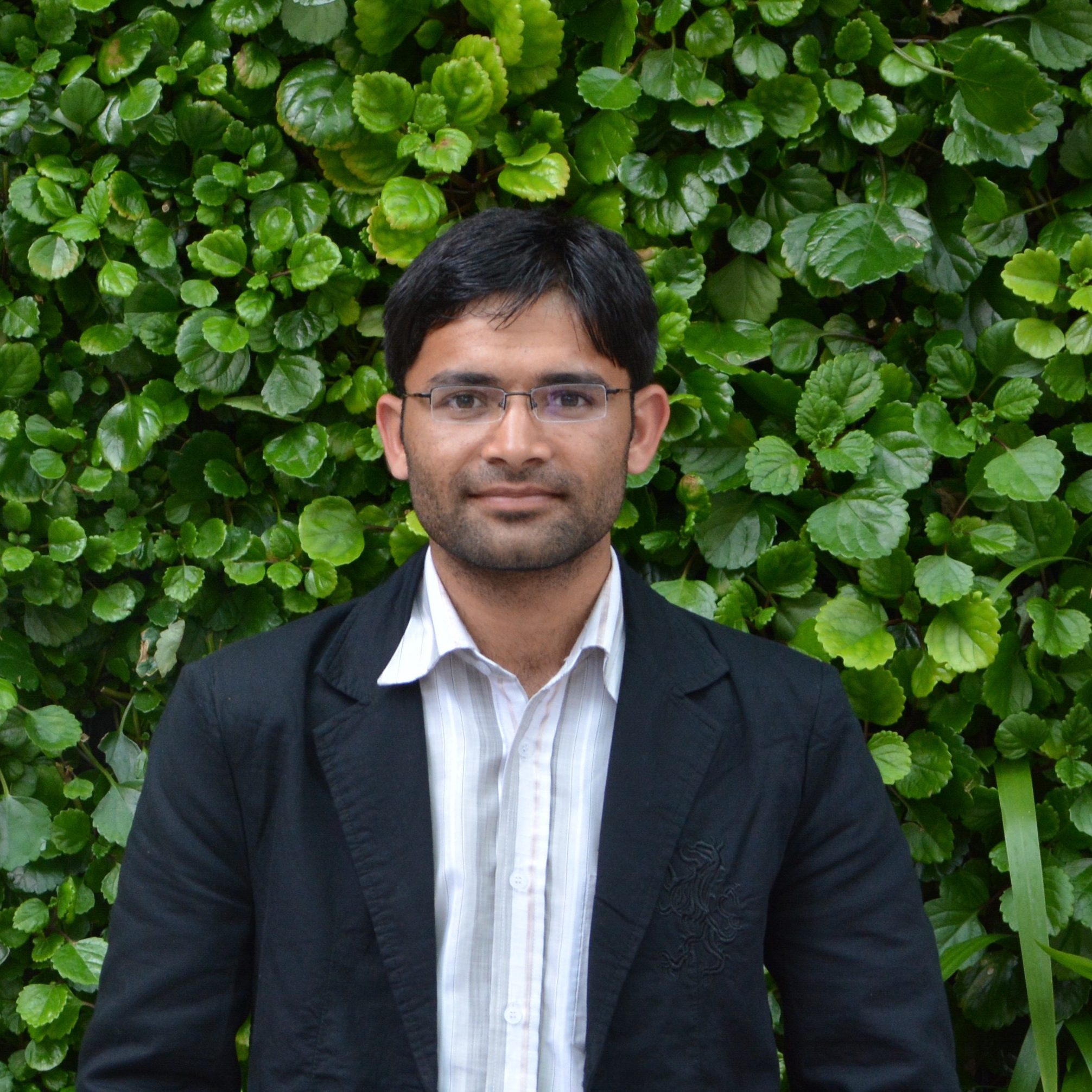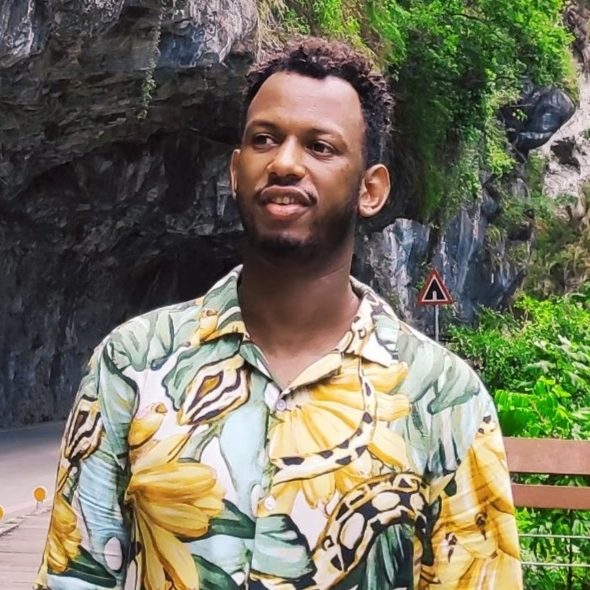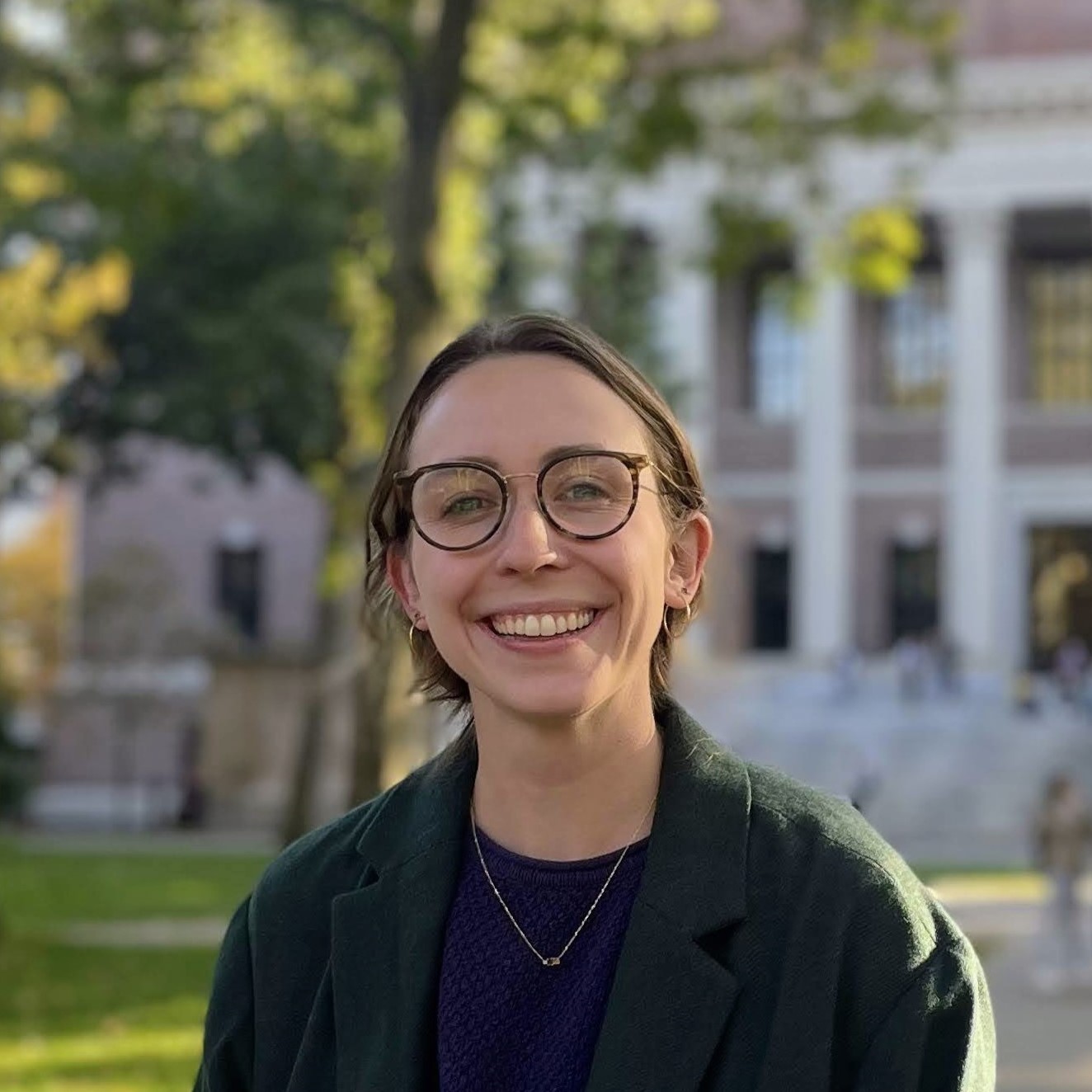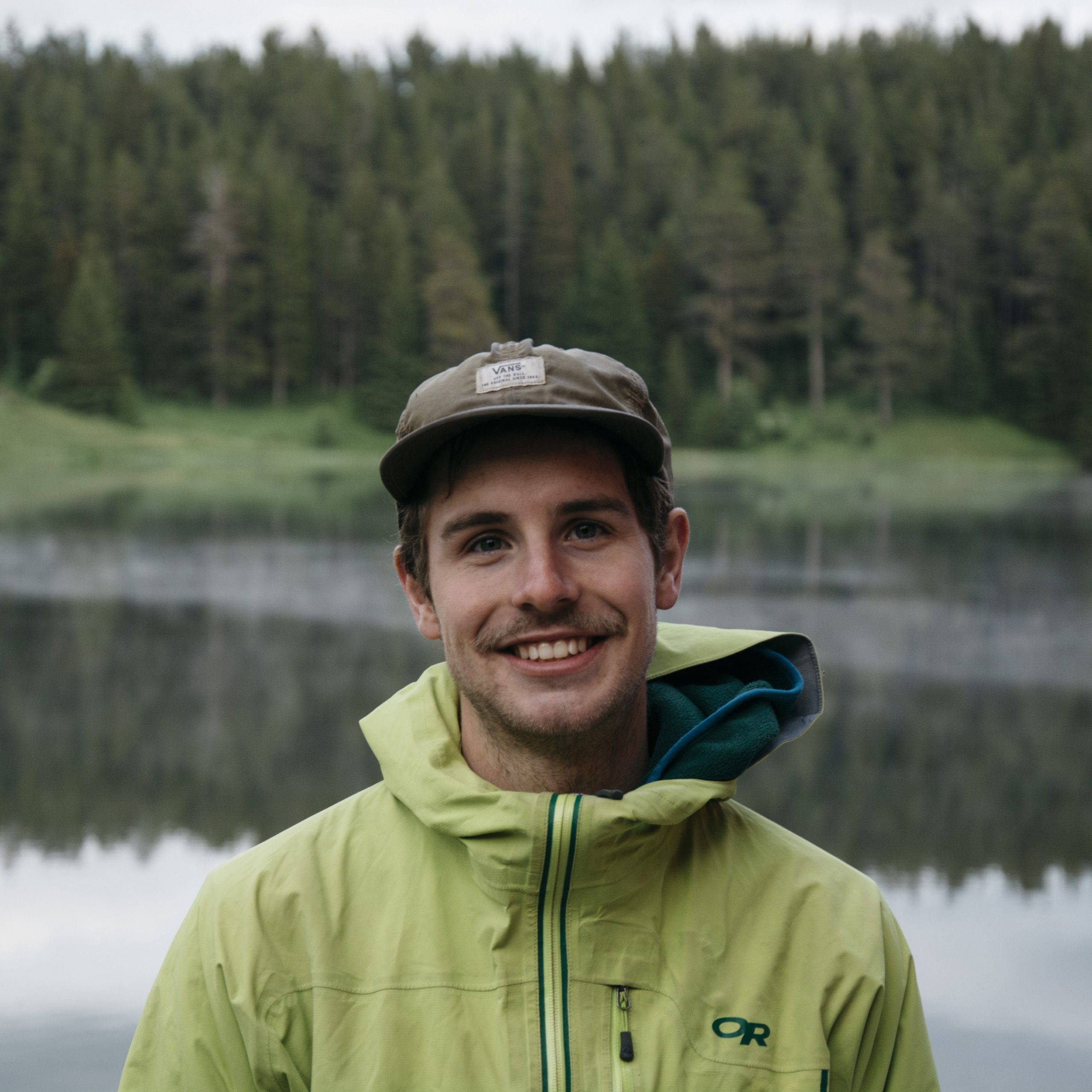The Department of Anthropology at the University of Maryland, College Park invites applications from outstanding early-career scholars to be appointed as Tenure-track Assistant Professor in Urban Environmental Anthropology with a focus on health and well-being. We seek a scholar with a PhD in anthropology, or related fields, in hand by June 2024 whose work explicitly examines the link between the environment and health and wellbeing in urban environments. The candidate should possess expertise that addresses environmental health topics broadly conceived and including, but not limited to, climate change, disaster management, nutrition and food security, water security, air pollution, sanitation and waste disposal, built environment, energy and extraction systems, and/or the impacts of toxic chemical exposures, among other areas focusing on the intersections of environmental, social, and racial justice.
The ideal candidate will use theoretical expertise in environmental anthropology to examine the influence of behavioral, social, and structural factors related to social inequality and environmental health. Their research program should demonstrate a commitment to collaborative and interdisciplinary research that directly articulates the intersectional environmental, social, and racial justice implications of their work. Candidates who use multiple methods, forms of data, and analysis spanning ecology, health, biology, spatial analysis, and other allied fields are of particular interest, but the ideal candidate will also demonstrate strong abilities in ethnographic, quantitative, and qualitative methods. The overall geographic region is open; however researchers currently, or interested in, developing regional-focused research in the Mid-Atlantic are especially encouraged to apply.
We seek a colleague with demonstrated and/or clear potential to develop an independent and robust research program in Urban Environmental Anthropology with a focus on health and well-being in the Department of Anthropology. The successful applicant will have a track record demonstrated through a variety of pathways, such as publications, research funding, awards, teaching and mentorship, community engagement, policy development, knowledge translation, and interdisciplinary collaborations appropriate to the level of the scholar. Successful applicants should show a strong theoretical and methodological focus that complements existing faculty research. Additional opportunities for interdisciplinary collaboration with departments and research units across campus (e.g. College of Agriculture and Natural Resources; School of Architecture, Planning & Preservation; School of Public Health), and via partnerships with government agencies and non-governmental organizations in Washington, DC, Baltimore, and Annapolis, exist through established departmental connections. Candidates are also expected to have a commitment to teaching and mentorship at both the undergraduate and graduate levels, including working with students and groups from historically underrepresented backgrounds. We particularly seek candidates who can concretely discuss how their scholarship, teaching, and public engagement work contribute to principles of diversity, inclusion, and social justice. The Department of Anthropology believes that diversity is excellence.
Candidates will be expected to teach environmental anthropology courses at both undergraduate and graduate levels that contribute to our department’s core offerings and courses appropriate to their expertise. Such courses include: Introduction to Ecological and Environmental Anthropology, Introduction to Sociocultural Anthropology, Political Ecology, Urban Anthropology, and Environmental Health.
Education:
PhD in anthropology, or related fields, in hand by June 2024 whose work explicitly examines the link between the environment and health and wellbeing in urban environments, with an emphasis on environmental justice.
Knowledge, Skills, and Abilities:
● Expertise in environmental health topics broadly conceived and including, but not limited to, climate change, disaster management, nutrition and food security, water security, air pollution, sanitation and waste disposal, built environment, energy and extraction systems, and/or the impacts of toxic chemical exposures, among other areas focusing on the intersections of environmental, social, and racial justice.
Please submit a letter of interest, a curriculum vitae listing qualifications and experience, and the names and contact information for three professional references. Your letter should provide additional detail of your expertise and experience that speaks to job requirements and description, and should discuss how you will contribute to our departmental commitment to diversity, equity, and inclusion. References will not be contacted without prior notification of candidates. Electronic submission only to https://ejobs.umd.edu. (Position #123712). Questions can be sent to the search coordinator, Ms. Nadine Dangerfield, at nadine@umd.edu or call 301-405-4737. Review of applications will begin immediately, and early submissions are strongly encouraged. Priority will be given to applications received by October 15, 2023. The position will remain open until filled. The Department of Anthropology is committed to increasing the diversity of the campus community.
Background Checks: Offers of employment are contingent on completion of a background check. Information reported by the background check will not automatically disqualify you from employment.
The Department of Anthropology is known for its strong theoretical emphasis and is nationally recognized for its applied methodological focus. Our department and faculty expertise is structured around three main areas of concentration—health, heritage, and the environment. We have a demonstrated commitment to documenting, preserving and transmitting the knowledge of the past, as well as to illuminating and confronting the challenges of the present. We have five degree programs—Bachelor of Arts/Sciences (BA/BS), Master of Applied Anthropology (MAA), Master of Applied Anthropology and Historic Preservation (MAA/MHP), Master of Professional Studies in Cultural Heritage and Resource Management, and Doctor of Philosophy (Ph.D.)—and we continue to attract the best and brightest students. Anthropology is unique at the University of Maryland because of our ability to teach smaller-than-average class sizes, which encourages the development of strong student-faculty mentoring relationships.




